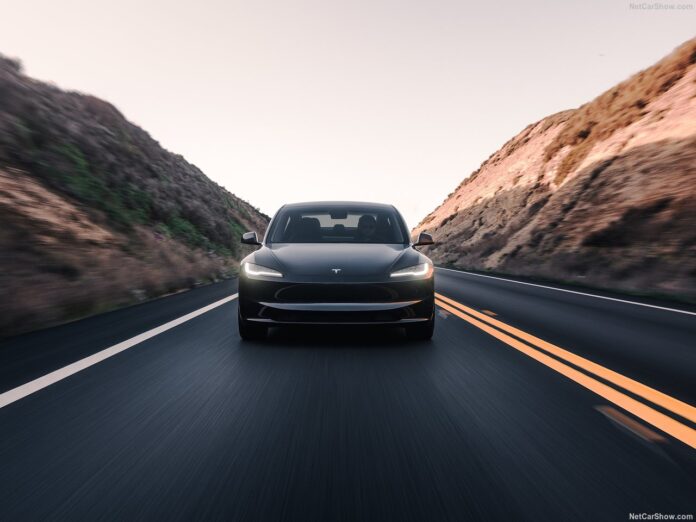Economic Environment
In 2025, Israel’s economy is forecast to grow 4.0%, with inflation at 2.6% and interest rates averaging 4.0–4.25% in Q4. Growth is expected to strengthen further in 2026 (4.5%), reflecting post-war recovery, easing supply constraints, and a rebound in investment and tourism. Unemployment is projected to remain low at 3.1% through 2025–2026. The 2025 budget deficit is forecast at 4.7% of GDP, narrowing to 3.2% in 2026, while public debt peaks at 69% of GDP in 2025 before edging down.
Private consumption, exports, and public spending are all set to rebound, although construction investment remains constrained by labor shortages until 2026. Inflation pressures are easing, helped by an expected shekel appreciation, though fiscal measures and housing market risks could push prices up. Risks to the forecast have moderated since October due to improved geopolitics and fiscal discipline, but uncertainty remains, particularly around supply constraints, demand shifts, and global developments. Overall, Israel is on a gradual path back to prewar economic trends, though medium-term output is expected to remain below the previous trajectory.
Automotive Industry Trend and Outlook
Overall, the Israeli vehicle market continues to grow steadily despite the stagnancy trend of previous years. Full-year figures totaled 293,591 units, up by 8%.
Brand-wise, the leader was Toyota with a share of 12.2% (+4%), in front of Hyundai (+9.8%) and Chery -up 4 spots- (+111.3%), followed by Kia -down 1 spot- in 4th (-5.5%), Skoda -down 1 spot- in 5th (+7.9%) and Jaecoo -up 29 spots- in 7th (+1100.4%).
BYD -down 2 spots- ranked into 7th (-21.7%), followed by MG -up 4 spots- in 8th (+29.4%) and Mazda -down 3 spots- in 9th (-40.4%). Seat closed the top 10 (-22%).
EV Market Trend and Outlook
Israel’s EV market remains subdued, growing only by 1.5%. Still, the sector is expected to expand thanks to a set of government incentives, as well as introduction of a greater assortment of models from chinese carmakers.
BYD ranked 1st despite losing 15.3% while Tesla followed in 2nd (-17.4%). Xpeng closed the podium in 3rd, growing 38.8%.
Medium-Term Market Trend
From 2014 to 2016, the Israel vehicle market grew steadily, from 239,942 to 287,040 units (+19.6%), a level only surpassed in 2021. From 2017 to 2019, sales declined for four consecutive years, reaching 254,795 by 2019.
The pandemic hit hard in 2020, dropping registrations to 214,587 (-15.4%). A sharp rebound followed in 2021, with 289,300 sales (+34.8%), but the market then stabilized around 270,000 units, ending 2024 at 271,709 (+0.6%), showing signs of stagnation.
This could be attributed to various factors such as the ongoing global supply chain disruption for chips. Then, rising costs and shift towards EVs, still costly for many consumers.
Israel’s EV market, slow to scale before 2021, boomed post-COVID, growing 1,057% that year and continuing near-double-digit growth until 2024 (+27.9%). The sector is marked by aggressive Chinese competition, favorable taxation, expanding infrastructure, and high uptake among tech-savvy consumers, though affordability and leasing adoption remain hurdles.
Tables with sales figures
In the tables below we report sales for 10 Brands and top 10 Manufacturers Groups.
This content is for members only.
Login Join Now











